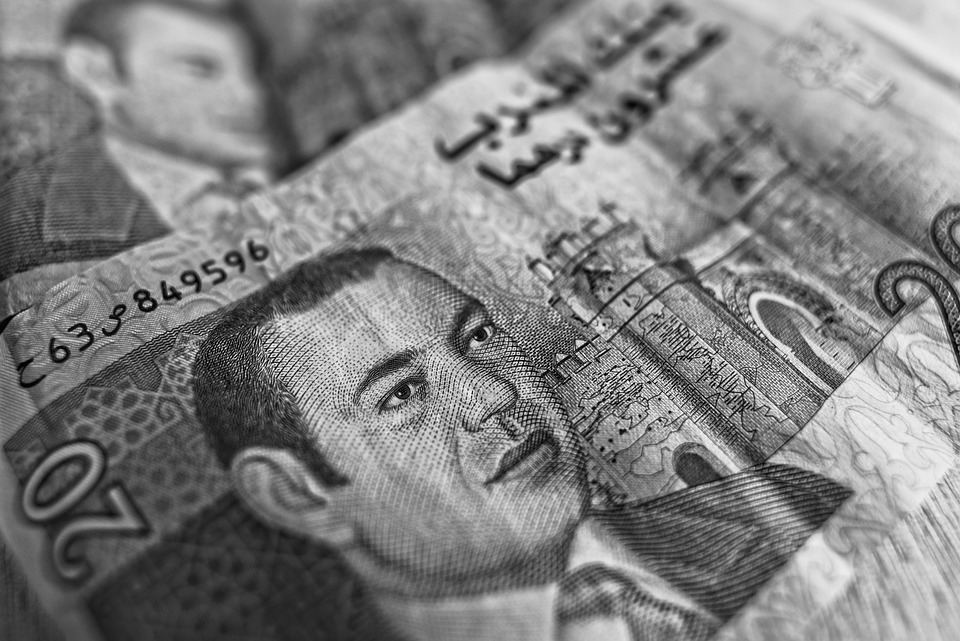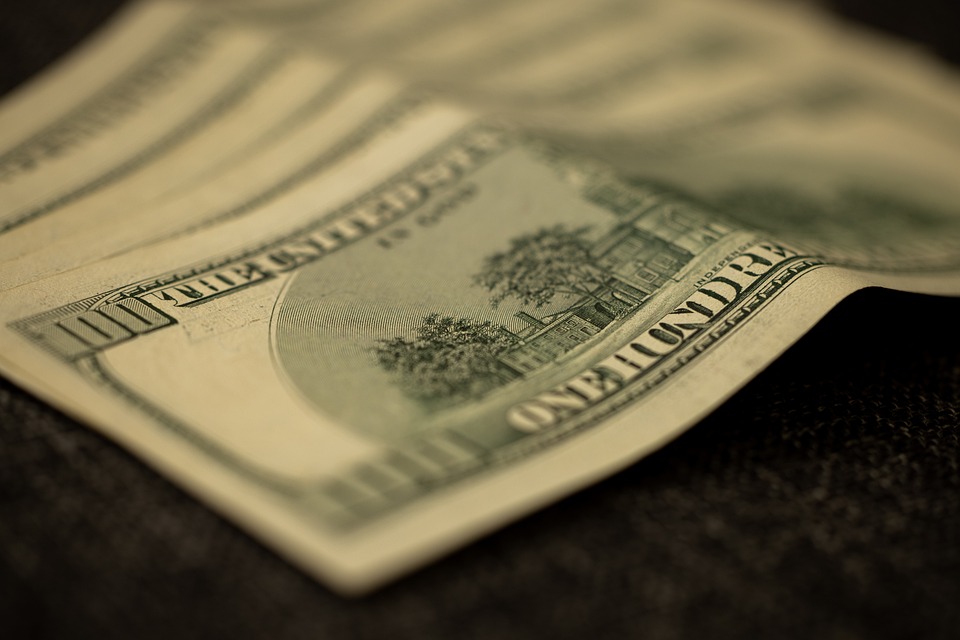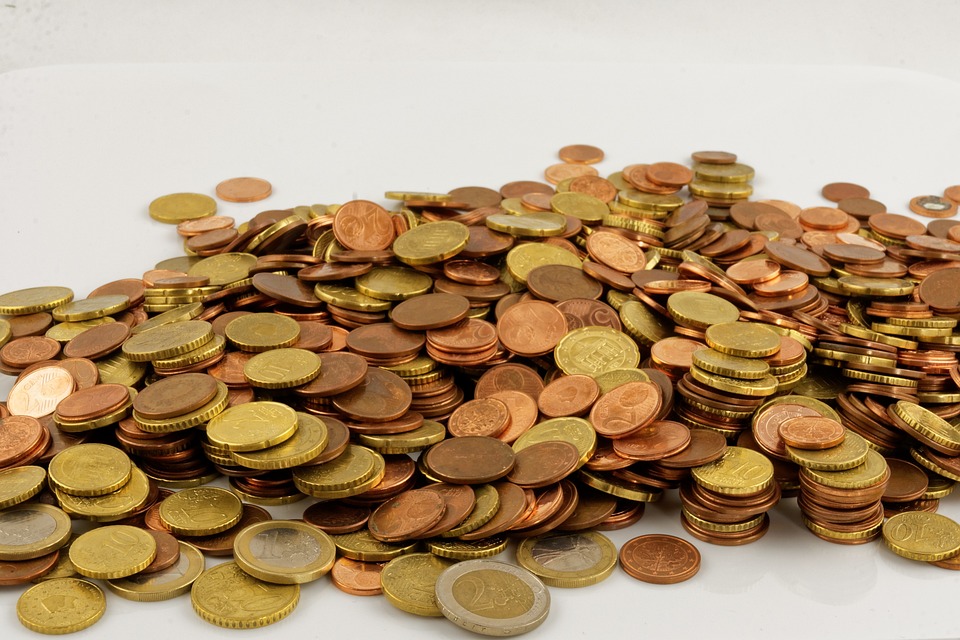Emergencies can strike at any time, and being prepared with an emergency fund can make all the difference in how effectively you are able to cope with unexpected financial challenges. An emergency fund is essentially a stash of cash set aside specifically for unforeseen expenses, such as medical bills, car repairs, job loss, or any other unexpected financial setback.
There are several reasons why having an emergency fund is crucial for financial stability and peace of mind. Firstly, having an emergency fund can help you avoid going into debt when faced with unforeseen expenses. Many people turn to credit cards or loans to cover unexpected costs, which can lead to high interest charges and long-term financial hardship. By having an emergency fund, you can avoid accumulating debt and the stress that comes with it.
Having an emergency fund can also provide you with a sense of financial security and stability. Knowing that you have a cushion to fall back on in times of need can reduce stress and anxiety about your financial situation. This sense of security can also help you make better financial decisions and focus on long-term financial goals, rather than living paycheck to paycheck.
In addition, having an emergency fund can help you maintain your lifestyle and financial independence in the face of unexpected events. For example, if you lose your job or have a sudden medical emergency, having an emergency fund can help you cover your expenses while you find a new job or recover from illness without having to rely on others for financial support.
It’s important to note that building an emergency fund doesn’t happen overnight. It takes time and commitment to set aside money for emergencies. Financial experts recommend saving three to six months’ worth of living expenses in an emergency fund to provide a sufficient cushion for most unforeseen events.
To start building your emergency fund, you can set a specific savings goal and automate your savings by setting up a separate savings account or using budgeting apps that automatically transfer money into your emergency fund. You can also cut back on discretionary spending and find ways to increase your income to boost your savings.
In conclusion, having an emergency fund is a crucial part of financial planning and can provide you with a sense of security and stability in the face of unexpected events. By taking the time to build and maintain an emergency fund, you can protect yourself from financial hardship and ensure that you are prepared for whatever life throws your way.




